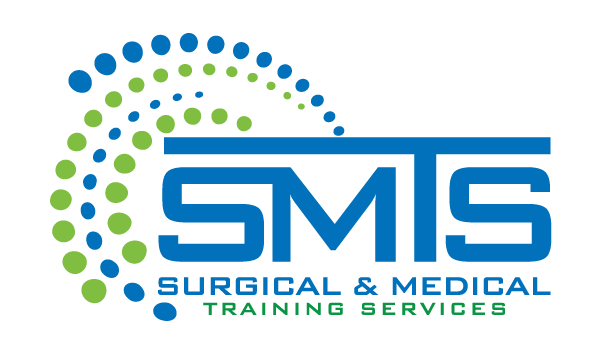Part 2: Cadaver Perfusion Services in Military Medical Training
Cadaver perfusion services have specific applications in military medical training and research:
Trauma Training:
Cadaver perfusion services provide an opportunity for military medical personnel to simulate and practice life-saving interventions in trauma situations. By perfusing cadaveric bodies, they can practice techniques such as hemorrhage control, wound management, and surgical procedures specific to combat injuries. This training helps prepare medical personnel to effectively handle the unique challenges of military settings.
Surgical Skills Development:
Cadaver perfusion services support the development and refinement of surgical skills required in military operations. By perfusing cadaveric organs, military surgeons can practice procedures like amputations, wound closures, and critical care interventions. This training enhances their proficiency in performing complex surgeries in austere environments where resources may be limited.
Battlefield Medicine Research:
Cadaver perfusion services contribute to research efforts aimed at improving battlefield medicine. By perfusing cadaveric models, scientists and medical professionals can study the effects of ballistic injuries, blast trauma, and environmental factors on the human body. This research helps in developing innovative techniques, protective gear, and treatment strategies to enhance the survivability of military personnel in combat situations.
Medical Team Training:
Cadaver perfusion services facilitate team-based training for military medical units. By perfusing cadaveric bodies, medical teams can practice coordinated responses to mass casualty incidents, refine communication and teamwork, and improve their ability to work efficiently under high-pressure situations. This training helps enhance the overall effectiveness of military medical units in providing timely and effective care on the battlefield.
In summary, cadaver perfusion services are instrumental in various aspects of military medical training, including trauma training, surgical skills development, battlefield medicine research, and team-based training. These services provide realistic simulations and opportunities for practice, enabling military medical personnel to enhance their skills, develop innovative approaches, and improve the care provided to injured soldiers in challenging environments.

